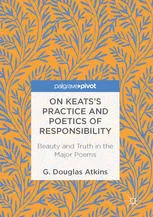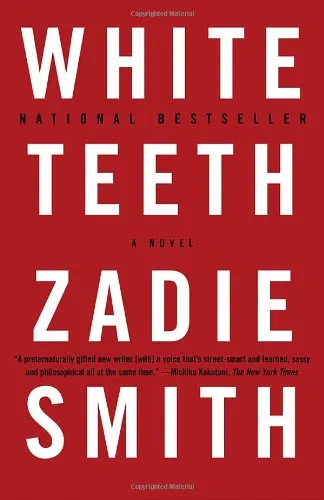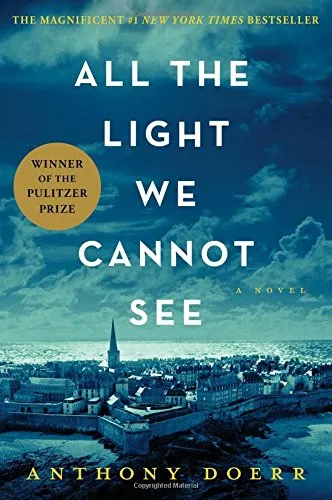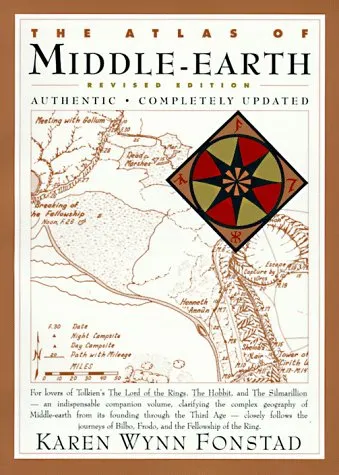On Keats’s Practice and Poetics of Responsibility: Beauty and Truth in the Major Poems
4.3
Reviews from our users

You Can Ask your questions from this book's AI after Login
Each download or ask from book AI costs 2 points. To earn more free points, please visit the Points Guide Page and complete some valuable actions.Related Refrences:
This accessible, informed, and engaging book offers fresh, new avenues into Keats’s poems and letters, including a valuable introduction to “the responsible poet.” Focusing on Keats’s sense of responsibility to truth, poetry, and the reader, G. Douglas Atkins, a noted T.S. Eliot critic, writes as an ama-teur. He reads the letters as literary texts, essayistic and dramatic; the Odes in comparison with Eliot’s treatment of similar subjects; “The Eve of St. Agnes” by adding to his respected earlier article on the poem an addendum outlining a bold new reading; “Lamia” by focusing on its complex and perplexing treatment of philosophy and imagination and revealing how Keats literally represents philosophy as functioning within poetry. Comparing Keats with Eliot, poet-philosopher, this book generates valuable insight into Keats’s successful and often sophisticated poetic treatment of ideas, accentuating the image of him as “the responsible poet.”
Free Direct Download
You Can Download this book after Login
Accessing books through legal platforms and public libraries not only supports the rights of authors and publishers but also contributes to the sustainability of reading culture. Before downloading, please take a moment to consider these options.
Find this book on other platforms:
WorldCat helps you find books in libraries worldwide.
See ratings, reviews, and discussions on Goodreads.
Find and buy rare or used books on AbeBooks.
1322
بازدید4.3
امتیاز0
نظر98%
رضایتReviews:
4.3
Based on 0 users review
Questions & Answers
Ask questions about this book or help others by answering
Please login to ask a question
No questions yet. Be the first to ask!














